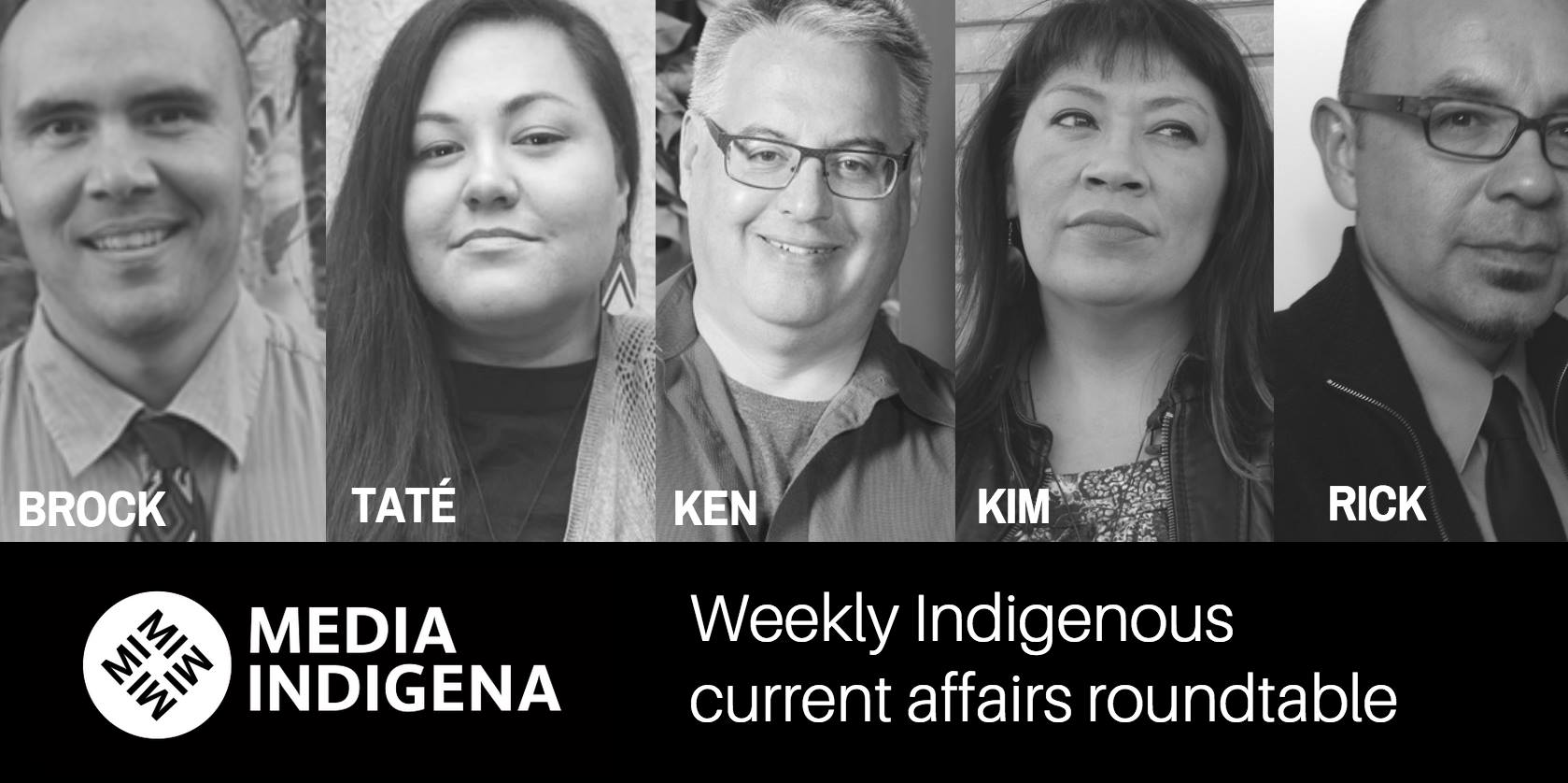Indigenous Science, Technology, and Society: Toward Sovereign Bodies and Sustainable Relations
Please join us at the University of Alberta for a 2-day symposium addressing questions related to Indigenous peoples, techno-science, colonialism, and the environment. June 8-9, 2018, Enterprise Square, Edmonton, AB, Canada Indigenous Science, Technology, and Society: Toward Sovereign Bodies & Sustainable Relations will explore productive spaces to do science and develop technology in ways that undo colonial [...]

